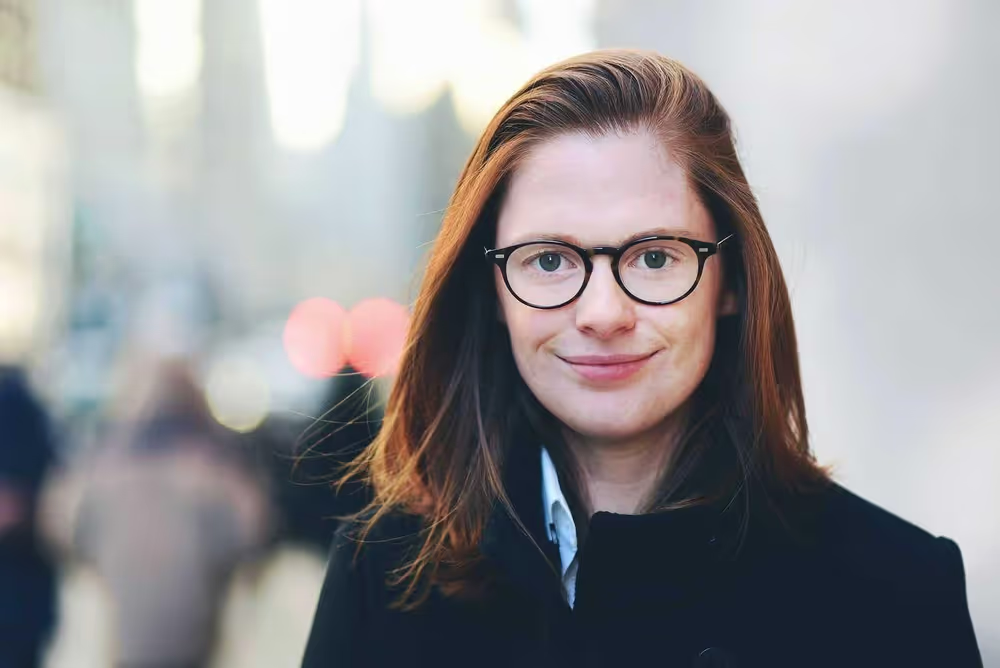Tezos co-founder on BBC World at One: Crypto winter 'is good for projects like Tezos'
Tezos co-founder Kathleen Breitman appeared this week on BBC news and current affairs program The World at One, to talk about the current state of the crypto industry.
4 minute read

Tezos co-founder Kathleen Breitman
Tezos co-founder Kathleen Breitman appeared this week on BBC news and current affairs program The World at One, to talk among other things about how Tezos came into being, and the current state of the crypto industry. Alongside insights into the problems that Tezos was designed to solve, Breitman also offered her thoughts on the current so-called ‘crypto winter’, talked about how so many crypto projects are akin to ‘selling tickets to go through a turnstile into an open field’.
You can listen to the full interview here, and we’ve extracted some of Kathleen Breitman’s thoughts below:
A simple definition of cryptocurrency and blockchains:
Cryptocurrencies are a new type of accounting software that are digitally native in a way that allows people to transact with others, more efficiently, on the web […] What blockchains do, ultimately, is create a record of account with people you may not otherwise trust, and to do so without the risk of an intermediary or centralized entity taking that information and potentially manipulating it.
How Tezos’ innovative system of on-chain governance came into being:
By 2013, Bitcoin had had some measure of success, and some mainstream notoriety […]. There was also a lot of stagnation in Bitcoin as a piece of software. It’s really not great that every time there was a proposed technical solution it would be represented by a smaller cryptocurrency that would pop up and wouldn’t have as much notoriety as Bitcoin. So fundamentally, [we] thought that was a problem that needed to be solved by having a formal governance mechanism for proposing and ratifying upgrades and pushing them to the blockchain themselves.
On volatility in the crypto markets and bad crypto projects:
For better or for worse this entire industry is […] built on momentum trading, so when things go down they tend to go down a lot, and when things go up they tend to go up quite a lot. There’s a ton of volatility involved.
I think that [crypto] has been overfunded as an industry, almost to the point where frankly it deserves to have some of [this current] bottoming-out. There’s been a lot of recklessness. […] I do think [crypto] has value but I also recognize that things that are effectively structured as Ponzi schemes are not sustainable and nor should they be promoted.
On the difficulty of regulating the crypto space:
It’s a really tricky industry to regulate, unfortunately. It has all these different elements to it that I think people don’t really understand, and there hasn’t been a ton of clarification. […] In the US in the 19th Century we has the same thing with ‘Boosterism’, where railroads were being built across the US into new towns and you’d find people who happened to own a lot of property in that town telling you that the railroad was going to come, and you should buy now, because [there would be a] boom. And 99% of the time these people were frauds […] but sometimes the person was promoting Chicago, and indeed the railroad did come to town, and it did change everything.
So it’s a tough space to understand for a few reasons. Not least of which [being that] there is some baseline utility but it’s unfortunately shrouded in a lot of complexity and jargon and it purposely obfuscates itself a lot of the time.